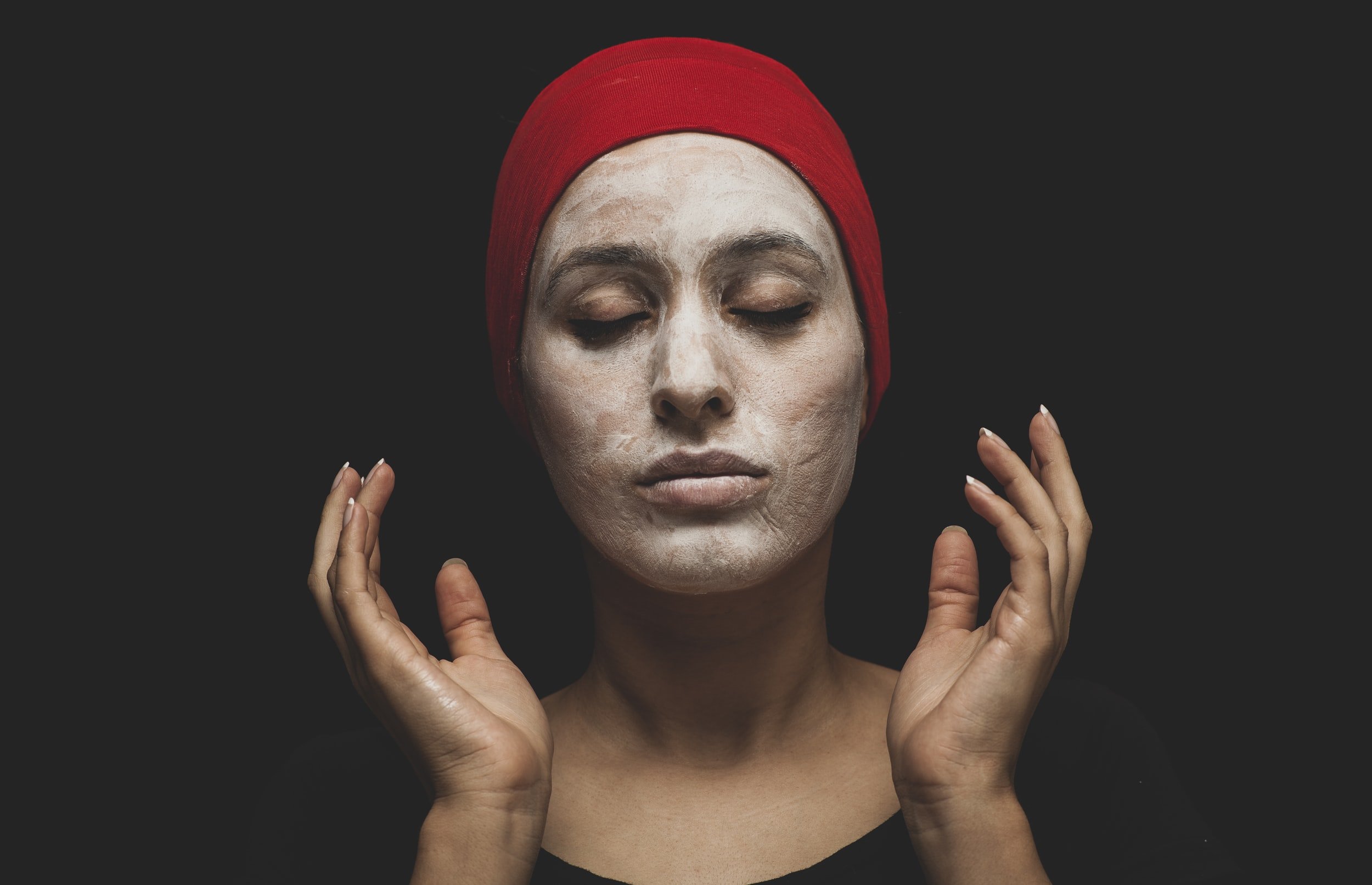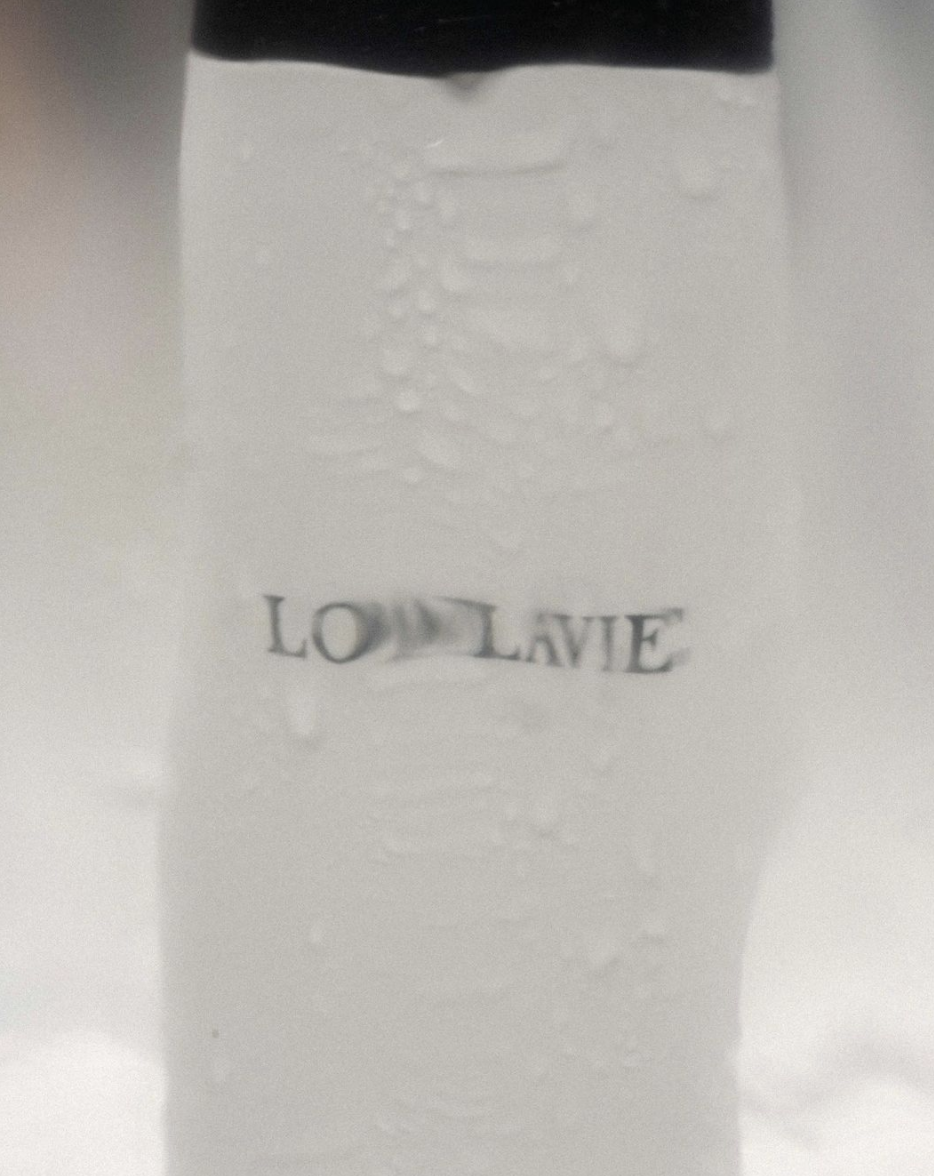
The watermelon belongs to the same family as the pumpkin melon, and is the cousin of the cucumber. In Korea, chilled pulp or thin translucent slices are used to calm the sunburned skin, and Korean women use the same method to treat signs of acne. The effect is moisturizing and soothing and irritated skin comes to its senses faster. And these are not all the properties of watermelon.
What are the benefits of watermelon pulp and rind?
Watermelon is almost 96% water hence its enviable hydrating properties. But it's not just the H2O. The main superhero of the watermelon propertiesl lie in the peel and that helo is citrulline. This amino acid acts as a mild exfoliant that is safe even in summer. Citrulline is supported by its lycopene which is a pigment that gives the pulp a lovely red huea and carries anti-inflammatory properties. Thanks to this combination the watermelon has taken its place under the sun in the world of beauty.
Why is watermelon seed oil useful? A light, low-fat oil is obtained from black seeds of watermelon. It is rich in vitamin E and fatty acids, which rejuvenate the skin on all fronts: prevent and smooth wrinkles, lighten pigmentation and dark circles under the eyes. Vitamins A and C are also included in the oil. They normalize damaged skin after exposure to sun, wind and even stress. By the way, watermelon oil softens and smoothes hair without weighing it down.
What are the benefits of watermelon for the body? The pulp of watermelon is not at all fattening and so it can be eaten even by those who closely monitor their weight. Athletes love citrulline for its ability to improve circulation. In addition, it contains almost all the essential vitamins and minerals, so you should add the berry to your summer menu so that later you do not suffer from spring vitamin deficiency.
It's center stage for Grenoble line at Moncler, the Italian luxury down jacket label's high-tech performance collection.
The son of co-CEOs Patrizio Bertelli and Miuccia Prada hints at plans to launch resale and explains that sustainable innovation should be profitable



















.